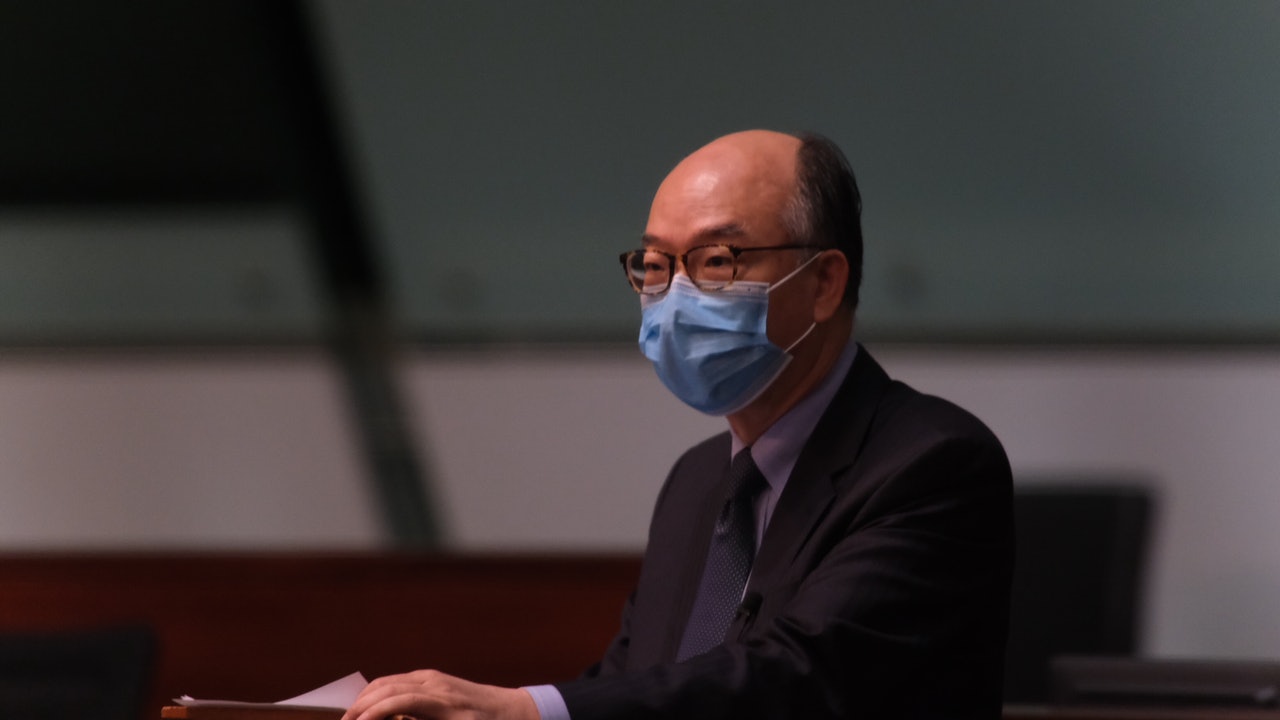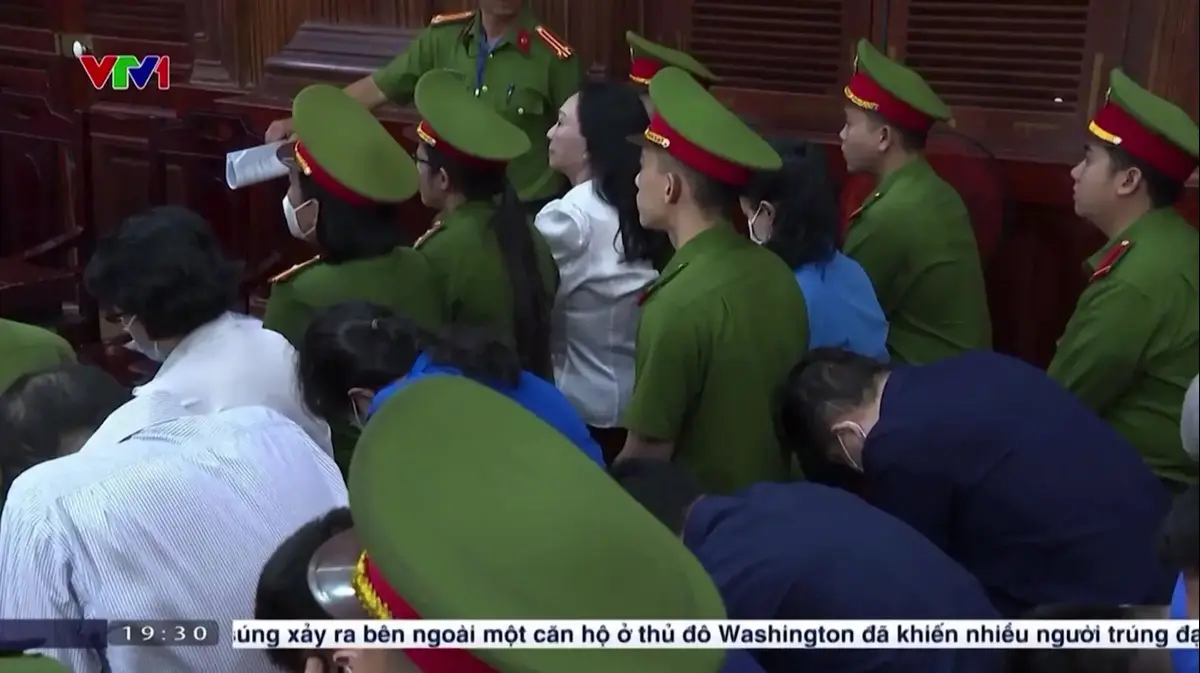Social News
Written by: Kong Fanxu
2020-11-18 13:11
Last update date: 2020-11-18 13:12
It is becoming more and more common for Hong Kong people to invest in overseas properties, but some of the uncompleted projects ended up unfinished, causing buyers to lose out.
The Secretary for Transport and Housing, Chen Fan, said in the Legislative Council questions today (18) that the Estate Agents Authority, Consumer Council, Customs and Police have received multiple complaints in the past. The Bureau of Land Supervision received from 2017 to 2019 There were 32 complaints, 4 of which have been punished.
The police also received 8 related cases from 2018 to 2019, involving a sum of 182 million yuan, and arrested 12 people, of which 6 were real estate agent licensees.
Many members of the Legislative Council expressed concern that people who are not dealing with local properties can be exempted from licensing to deal with overseas property transactions. Chen Fan pointed out that the amendment to the regulations was inappropriate and emphasized that the government would strengthen publicity and education.
Chen Fan, director of the Transport and Housing Bureau, pointed out that there are risks in purchasing overseas properties and remind citizens to consult with professionals to do their homework first.
(Photo by Lu Yiming)
Chen Fan responded to the question from the DAB Legislative Councillor Chen Hengpin today and pointed out that from 2017 to 2019, the Estate Agents Authority received 32 complaints, 4 of which were established after investigation, and have already condemned, fined or issued instructions to relevant parties. In the remaining 1 investigation, 27 complaints were unsubstantiated, the complainant withdrew the complaint, did not have sufficient information or referred to the police for follow-up, etc. The Consumer Council received 99 complaints during the same period, involving a total of 36 million yuan.
The Customs received 37 complaints, of which 32 did not find violations of the Trade Descriptions Ordinance, and the remaining 5 were referred to relevant regulatory agencies for follow-up; the Securities and Futures Commission received 60 collective investment complaints.
The police indirectly received 8 related cases from 2018 to 2019, involving a total of 182 million yuan, and 12 people were arrested, of which 6 were real estate agent licensees. The case is still under investigation.
The complainant may not complain to the same agency, and different agencies will still make referrals. The above figures may involve the same cases.
In recent years, Hong Kong people's investment in overseas properties has been on the rise.
(Reuters)
Exemption order accused of loopholes, authorities have not planned to amend the law
At present, people assisting in dealing with overseas property purchases and sales can be exempted from obtaining an estate agency license if they only deal with overseas properties and clearly state that they do not handle a Hong Kong property license.
Chen Hengpin pointed out that Hong Kong people lack supervision over the purchase of overseas properties by unlicensed persons. He criticized the loopholes in the exemption order and urged the government to amend the regulations to block it. "I have watched advertisements on the Internet, (state) the line is too detailed, ghost. long".
The DAB Zhang Guojun pointed out that the exemption order does not induce overseas developers to sell properties through licensed real estate developers in Hong Kong. "You can hire anyone, including pretty girls and girls, for sales promotion." Mak Meijuan of the Federation of Trade Unions also pointed out that the public cannot be relied on alone. Be more careful, and strengthen the regulation of unholding people. "If everyone has an eye and knows others, no one will fall into a scam."
In response to a question, Chen Fan said that when people buy overseas properties, most of them involve uncompleted projects. The government has promoted through lectures and online messages to remind the public that they need to find professional help, "I hope to have more information and do more homework." Chen also pointed out that with advanced technology, citizens can buy and sell overseas properties online. Ideally, they should visit the local area in person.
As for whether to amend the legislation, he believes that it involves the overseas judicial and taxation system, which is "very complicated, with difficulties and challenges", and it is not suitable for arrangements at present.
Overseas investment in real estate has become a trend, Chairman of the Bureau of Supervision: Investment in uncompleted properties is a high risk
[Notes for Studying Abroad] Suggestions for those who come here: It is advisable to arrange a bank account in advance when sending children to study abroad
Hong Kong version of the National Security Law | The Hong Kong Government responds to the American Chamber of Commerce: Law-abiding citizens and overseas investors need not worry
Association of Banks: Hong Kong can help overseas investors connect with Asian markets due to the general trend of green finance
[Overseas Investment and Property] The police received 7 reports in 3 years involving at least 190 victims and 1 man arrested
01News
Real Estate Agency Supervision Bureau, Transport and Housing Bureau













